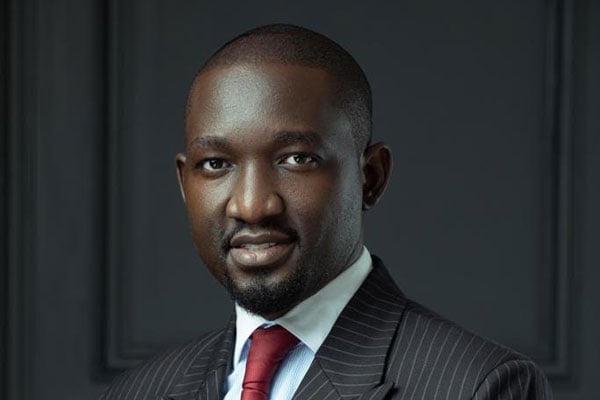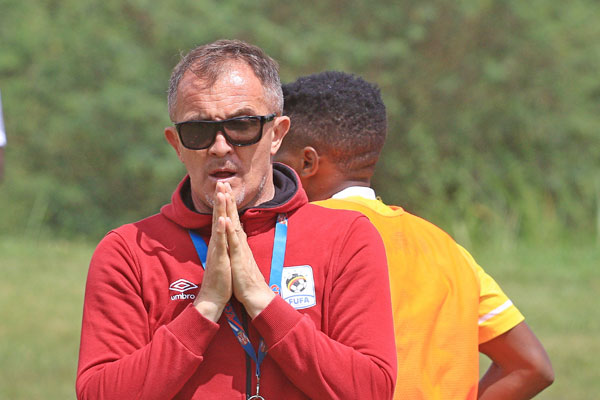Prime
Fufa’s UBC missive raises some questions especially on who owns football in Uganda

IVAN OJAKOL
What you need to know:
We have seen Fifa in its various football events epitomized by the World Cup and the International Olympic Organization whenever the Olympics is on aggressively protecting the broadcasting rights of their rights holders in a rather neo-colonialist style.
I have in a previous column, “As sports broadcasting enters a new era in Uganda, we must make it work” foreshadowed the events of this week; Fufa wrote a missive demanding that the national broadcaster, UBC ceases and desists from airing or even advertising the Afcon qualifier game between Uganda and Tanzania.
Sports broadcasting is big business and has overtime overtaken other revenue sources including sponsorships as the main source of revenue for sports entities in the developed world.
Many a time, broadcasting deals are couched in exclusive terms with a winner takes all approach. All of this is premised on the notion that those who invest in sports should be able to reap big.
These investors negotiate these deals and get what is termed as broadcasting rights and it is from that standpoint that they can exploit and protect those commercial interests.
We have seen Fifa in its various football events epitomized by the World Cup and the International Olympic Organization whenever the Olympics is on aggressively protecting the broadcasting rights of their rights holders in a rather neo-colonialist style.
The piracy problem with illegal broadcasting streams for instance is a major threat to these often-exclusive sports broadcasting interests and is estimated to cost up to 28 billion Euros in lost revenue each year in Europe for example. The National Sports Act when it becomes law will criminalize unauthorized broadcasting of sports competitions.
The national team is a Fufa product and Fufa owns the rights to and in it (some might disagree) and perhaps can deal with those rights in whichever way it deems fit including selling the broadcasting rights to whomsoever though it is not clear who bought or has been authorized to have those rights concerning this particular game.
However, that unending debate, more moral than legal maybe is back; who owns football in Uganda? Is it Fufa or is it the ordinary Ugandan? Even if it is the former, as Trustees of Ugandan football as they are registered, to what extent do they conduct their affairs in trust and on behalf of the ordinary Ugandan?
Is it in good faith to block a free-to-air national broadcaster from relaying a national team game to a young Ugandan in Kabwangasi who might not be able to access the official broadcaster of the game? These questions are very pertinent.
Football, “Jogo Bonito” as the late great Pele termed it, the global game has since been swallowed up by commercial and private interests shouldered by legalese and terms like “association football”, and “football stakeholders” have since been developed.
The unbridled joy, emotion, and hedonism that comes with the sports fan’s enjoyment of the sport is just that, with that fan rarely having a say in what transpires behind closed doors in the running of that sport.
As I have argued before in this column, the lines seem blurred because sports bodies are private but with a public character and National Sports Act awaiting assent seems to even support this.
The need for a balancing act cannot be over-emphasized because these broadcasting wars are just starting by the looks of things. Some Intellectual Property scholars argue that in fact for sports events because of their being a public good, there should not be the same level of Intellectual Property (IP) protection as traditional IP areas.
We can only hope that with broadcasting deals involving Fufa, there is a proper trickle-down effect on players and clubs.
The increasingly sticky subject of image rights must be handled well with these deals and hopefully, the players ultimately end up the winners with better exposure, income, and revenue and all relevant stakeholders are involved and retain copies of the contracts.
Ojakol is a Sports Lawyer, Partner at Matrix Advocates, and Law Lecturer at IUEA
Contacts:0791683986/0787261019




